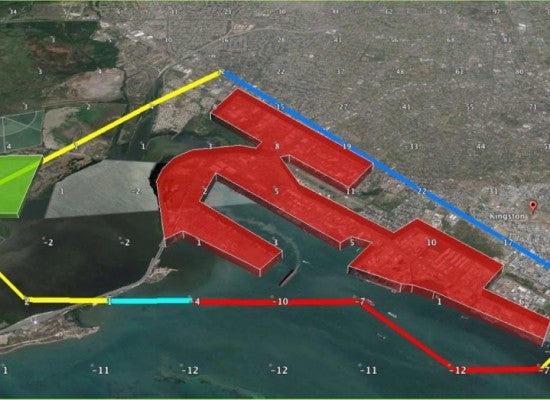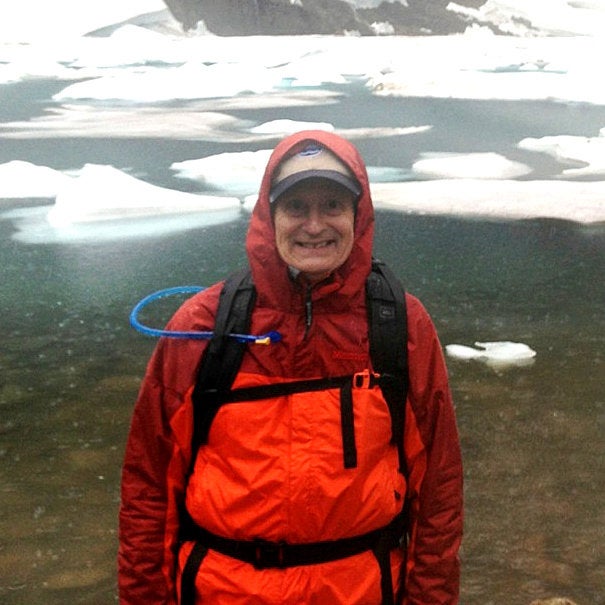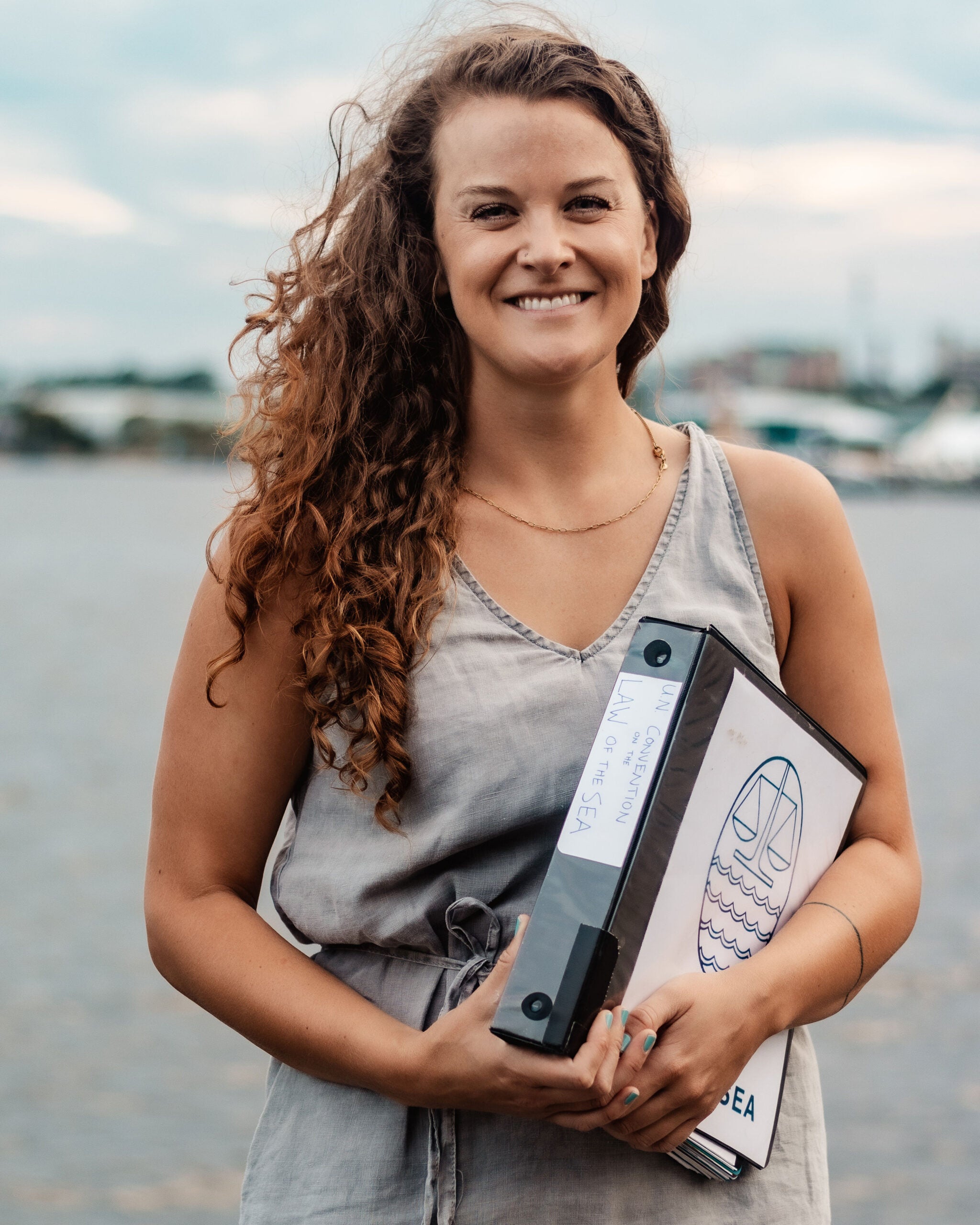Coastal communities are experiencing shoreline migration and storm surges that threaten businesses, homes, critical infrastructure, and lives. Many small island countries are threatened with massive or complete inundation. The threat from climate change is particularly strong to coastal communities in the Northeastern United States, because the landmass is sinking, the area has experienced a marked increase in severe coastal storms, and it is the most heavily populated shoreline in the United States.
Potential human responses to this increased coastal threat include: protection, accommodation, and retreat. Protection strategies include armoring potential coastal hazard zones with structures such as revetments and breakwaters or undertaking beach nourishment projects. Accommodation involves building hazard-resistant structures, elevating and floodproofing buildings and infrastructure, and creating floodable landscapes. Retreat involves the relocation of buildings and infrastructure to less vulnerable areas. Efforts to make communities less vulnerable and more resilient to the increased risks created by climate change will likely include a blend of these three approaches. Students interested in this research area will learn about the science of climate change and coastal processes, land-use and engineering responses, governmental responses, and the responses of individuals. Our graduates have found positions in federal and state coastal management programs, emergency management agencies, and private consulting firms.
Faculty
Professor & Chair of Marine Affairs and Director of the Graduate Certificate in Coastal Resilience
Department of Marine Affairs
401.874.4192
abecker@uri.edu
Associate Professor, Joint Appontment
Department of Fisheries, Animal and Veterinary Sciences
Associate Professor, Joint appointment
Department of Marine Affairs; Political Science
Research
- Climate change increases the risk of fisheries conflict - Elizabeth Mendenhall, Cullen Hendrix, Elizabeth Nyman, Paige M. Roberts, John Robison Hoopes, James R. Watson, Vicky W.Y. Lam, and U. Rashid Sumaila
We summarize what is known about the impact of ocean warming, acidification, and sea level rise on fisheries and claims over them, in order to assess the likelihood that these changes will catalyze an increase in conflict over fisheries. - Coral Restoration Social Science and Assessment - Amelia Moore, Austin Humphries, Carlos Garcia-Quijano
Between 2018 and 2022, a team of URI researchers and students will be assessing the social impacts and effects of a large-scale, corporate funded, community oriented coral restoration project in the Spermonde Archipelago of Indonesia. - Measuring Climate and Extreme Weather Vulnerability to Inform Resilience Report 2: Port Decision-Makers’ Barriers to Climate and Extreme Weather Adaption - By Elizabeth L. Mclean and Austin Becker Port decision-makers' perceptions of such barriers are important for proactive strategies for reducing coastal vulnerability and supporting safe and sustainable operations of U.S. ports.
- Measuring Climate and Extreme Weather Vulnerability to Inform Resilience, Report 1: A Pilot Study for North Atlantic Medium- and High-Use Maritime Freight Nodes - By R. Duncan McIntosh, Elizabeth L. Mclean, and Austin Becker This research identified vulnerability indicators from open-data sources that represent the three components of vulnerability, as outlined by the Intergovernmental Panel on Climate Change: exposure, sensitivity, and adaptive capacity.








